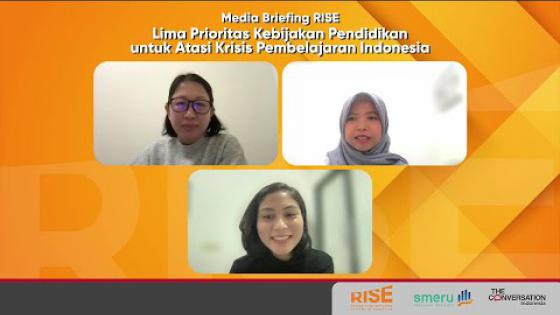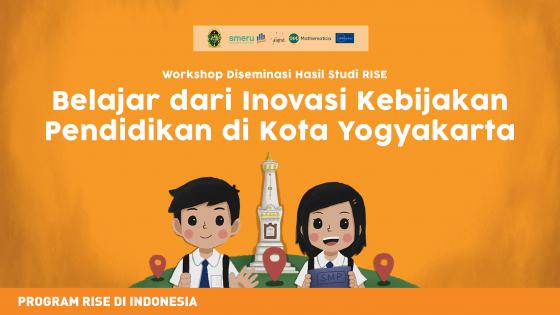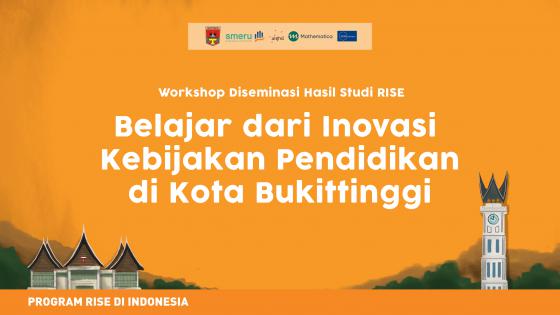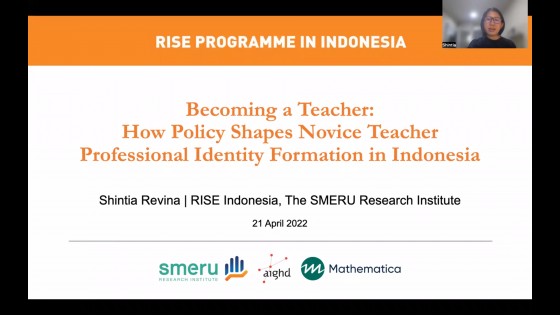
After a heroic decade that dramatically expanded access to education for school-aged children in developing countries, it is time to take the next step: to increase the productivity of this expanded sector in achieving educational outcomes. Necessarily, this requires changes in what happens in that classroom and the intimate social settings in which education is encouraged or not. It requires innovations of many different sizes, kinds, purposes, and locations. An important question is what features of a national educational system will increase the number and adoption of value creating innovations.
In this lecture, Mark H. Moore will outline the competing theories about how to accomplish this goal, and suggest some principles that ought to guide the structural design and functioning of a national educational system.
Mark H. Moore is a Professor of Strategic Public Management at Harvard Kennedy School. His research interests are public management and leadership, civil society and community mobilization, and criminal justice policy and management. Moore's work focuses on the ways in which leaders of public organisations can engage communities in supporting and legitimatising their work and in the role that value commitments play in enabling leadership in public sector enterprises.
Moore holds a Bachelor of Arts in Political Science and Economics from Yale University, a Master in Public Policy and a Ph.D. from the Harvard Kennedy School.
Download the presentation here:










